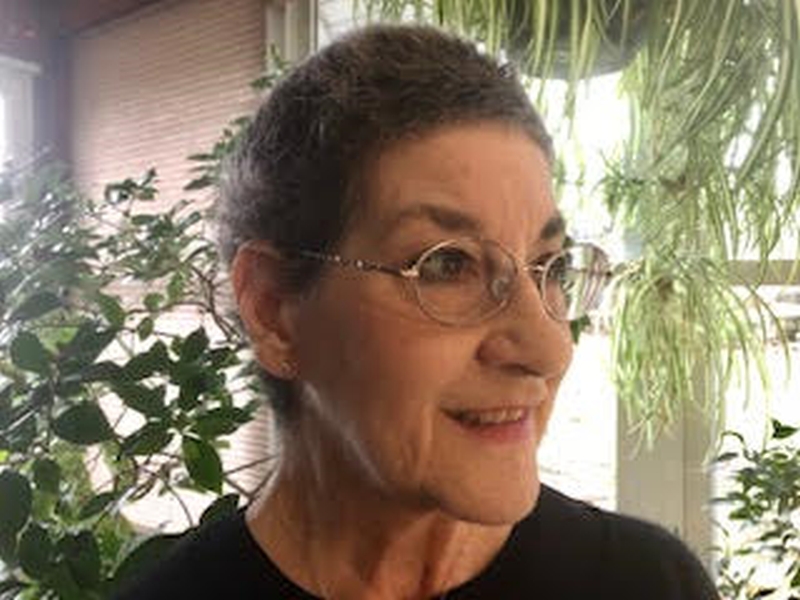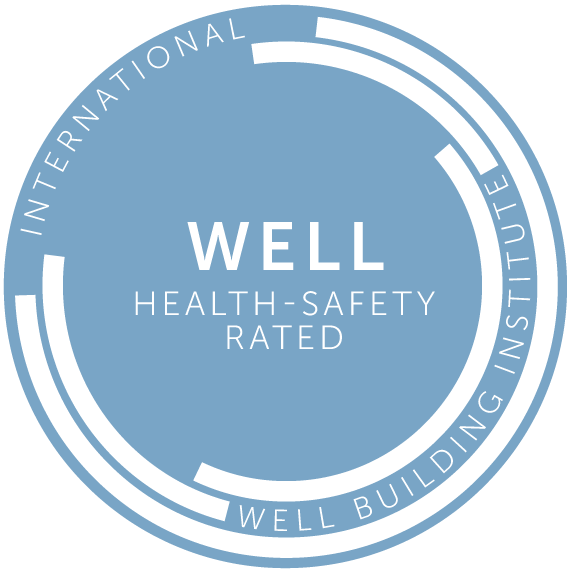Genetically Modified Organisms: Facts, Fiction and Fantasy
Patricia DeMarco, Ph.D. | Senior Scholar, Chatham University
Watch This Presentation:
Dr. Patricia DeMarco, a senior scholar at Chatham University, recognizes the beneficial uses of genetically modified organisms (GMOs) but also the unintended, sometimes catastrophic consequences they have on the environment in her presentation "Genetically Modified Organisms."
From the time of hunters and gatherers through modern farming, we have been selectively breeding plants and animals to choose desired traits. It is just recently that humanity developed the technology to modify crops and combine traits across species, producing new plants whose seeds carry a new trait. These are what we have commonly come to know as genetically modified organisms.
While GMOs are stigmatized, they have been applied in some great scientific advancements. Arguments for the use of GMOs include enhancing food quality, productivity and nutrition, and shrinking the global carbon footprint by reducing emissions for tilling, harvesting and conserving water. However, the arguments against GMOs remain as their environmental effects are still untested and will take decades to uncover. The loss of biodiversity and the creation of "super weeds" which develop and need constant resistance are just a few of the potential risks GMOs pose.
While the unknown effects of GMOS on our bodies are concerning, the ecological effects are troublesome as well as GMOs may be toxic to essential pollinators. About 75% of crops depend on pollination, and these crops contribute about $29 billion to US farm income - ergo the death of crucial pollinators would have a huge effect on our economy. GMOs have also been proven to have negative health effects for those who work directly with associated chemicals. Dr. DeMarco says this brings us to an ethical dilemma: "Who gets to decide that people are exposed to things they are not known to, with unknown effects?"
Additional Resources:

About the Speaker
Patricia M. DeMarco, a native of Pittsburgh, PA, has a doctorate in biology from the University of Pittsburgh. Her thirty-year career in energy and environmental policy in private and public sector positions, includes service as commissioner of the Regulatory Commission of Alaska and demand side manager for the Connecticut Municipal Electric Energy Cooperative. She was the executive director of the Rachel Carson Homestead Association and director of the Rachel Carson Institute at Chatham University. Her book, titled Pathways to Our Sustainable Future: A Global Perspective from Pittsburgh, explores positive pathways toward sustainability based on 28 case studies in Pittsburgh. She was elected to the Forest Hills Borough Council and serves as Chair of the Finance Committee. She writes a regular blog on living in harmony with nature. She teaches as a senior scholar at Chatham University. She is a trustee of Phipps Conservatory and Botanical Gardens and serves as treasurer for The Battle of Homestead Foundation.




